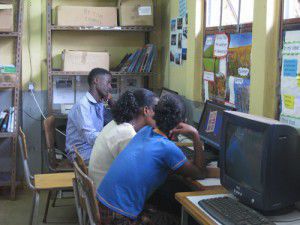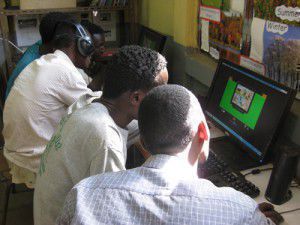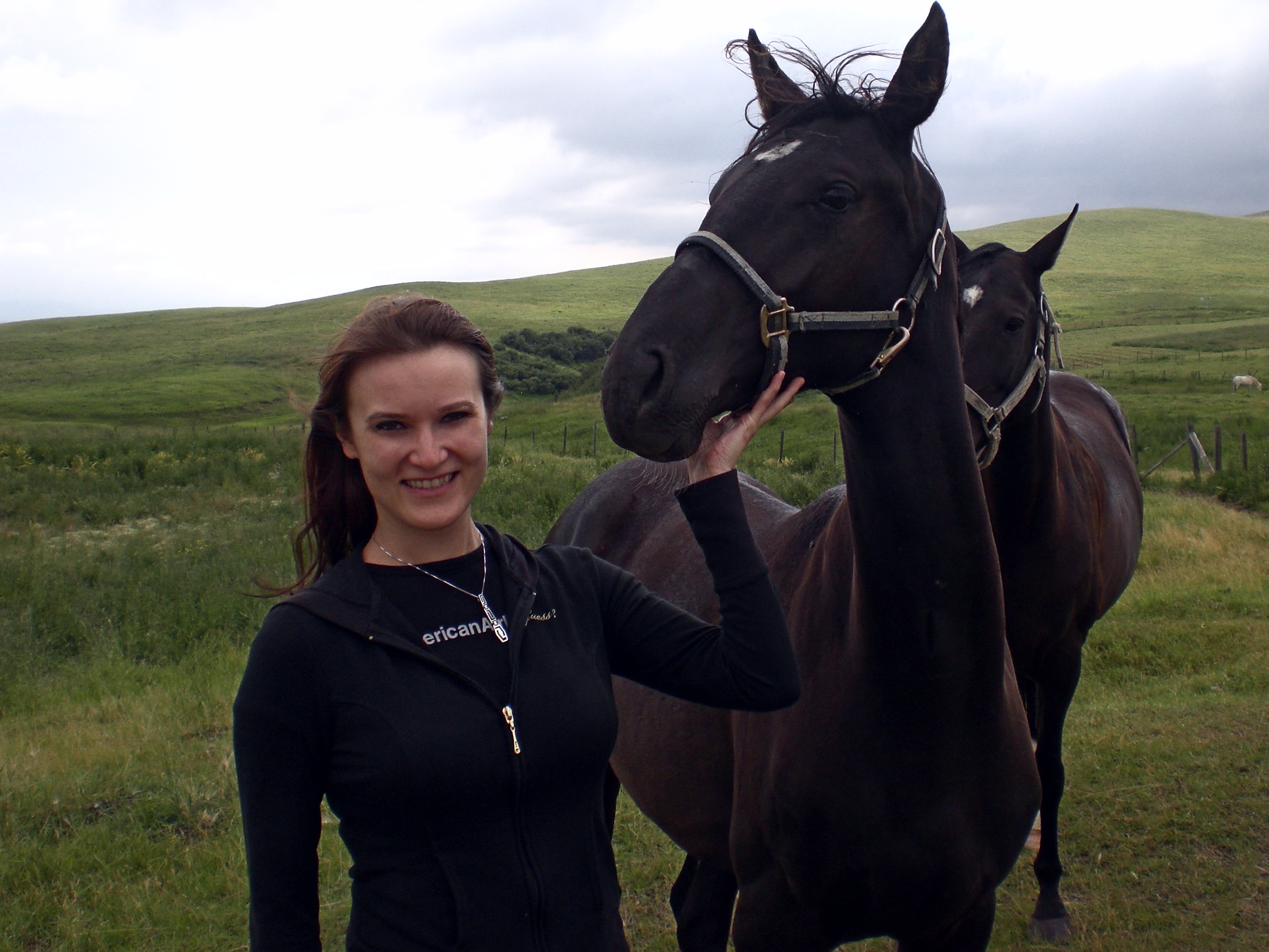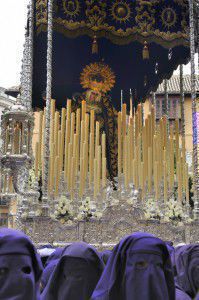Easter celebrations around the world
Here in the UK, this weekend is Easter weekend. Many people will be marking the occasion by attending church services on Good Friday and Easter Sunday, while a more commercial tradition is to exchange chocolate eggs as gifts. Easter is a religious holiday, marking for many people around the world the death and resurrection of Jesus, but it also represents new life, falling as it does in spring time, and is often symbolised by young animals, like lambs and chicks.
We decided to have a look at some Easter traditions around the world, to see how other countries mark this holiday. Here are just a few:
Brazil
Mardi Gras (which means ‘Fat Tuesday’) takes place in Rio de Janeiro on Shrove Tuesday and marks the start of Lent. The streets are filled with large processions of people in brightly coloured, exotic costumes, marching, singing and dancing.
Another Brazilian tradition is to create straw dolls to represent Judas Iscariot, then destroy them in the street.
France
 Church bells are silent as a sign of mourning from Maundy Thursday until Easter Sunday. Sometimes children are told the bells (known as ‘cloches volants’ or ‘flying bells’) have gone to see the Pope and will return with Easter eggs.
Church bells are silent as a sign of mourning from Maundy Thursday until Easter Sunday. Sometimes children are told the bells (known as ‘cloches volants’ or ‘flying bells’) have gone to see the Pope and will return with Easter eggs.
In parts of southwest France, a giant omelette is made on Easter Monday. The dish can feed 1,000 people.
Ethiopia
During Lent in Ethiopia, Christians don’t eat or buy any animal products like meat, eggs, butter, milk, yogurt, cream and cheese.
The first Easter day service starts at 8 p.m. on Easter Saturday and lasts until 3 a.m. on Easter Sunday.
After the service, people will return to their homes and have a breakfast of ‘dabo’ sourdough bread to celebrate the end of Lent. Traditionally, the bread is cut by a priest or the head man in the family.
Czech Republic and Slovakia
As part of an Easter tradition, women and girls are beaten with decorated hand made whips on Easter Sunday. But despite what you might think, this is actually a good thing; the whipping is thought to make women more healthy and beautiful, and girls who don’t get whipped are often quite offended!
Chios (Greek Island)
In the village of Vrondados, the annual ‘war of rockets’ is staged between two churches, Agios Marcos and Erithiani. Residents spend all year preparing thousands of firework rockets and on the evening of Easter Saturday, the rockets are fired between the two churches for hours.
The custom goes back many years, and although there are plenty of stories, no one is quite sure how the tradition began.
Spain
Many towns and cities in Spain celebrate Semana Santa (Holy Week) with processions through the streets at night. Floats called ‘tronos’ are carried through the streets. Each float bears huge decorated figures representing part of the Easter story. It takes 40-50 people to carry each trono on their shoulders and processions can last between 4-5 hours.
In Murcia, a trono telling the story of the Last Supper has real food on the table. On Easter Sunday, the 26 men who have carried the table in the procession sit down and eat the food.
Please share your own Easter traditions in the comments. And whether you celebrate Easter or not, we hope you have a great weekend.
Seb
Encouraging English learners in Ethiopia
Our guest post today is by Elizabeth Horsefield, a volunteer with the VSO in Ethiopia.
Ethiopia was perhaps not the intended market for a EuroTalk Interactive Learn English CD-ROM. But it’s going down a storm. I work as a VSO volunteer in a Teacher Training College in a rural area of Western Oromia, Ethiopia. We have an English Language Improvement Centre (ELIC) which recently acquired two new desktop computers complete with headphones and speakers. Perfect.
 The students are desperate to improve their English. For most of them this usually involves sitting silently in front of an old copy of some estranged grammar book and making notes. Others even read the Oxford dictionary in the hope that it will one day magically transform their communication skills in English. Many of them went to school in remote areas with very few educational resources. Often their experiences in the ELIC provide a first opportunity to use a keyboard and mouse, so operating an interactive CD-ROM in their second or maybe third language might have been beyond their capacity. It would appear not.
The students are desperate to improve their English. For most of them this usually involves sitting silently in front of an old copy of some estranged grammar book and making notes. Others even read the Oxford dictionary in the hope that it will one day magically transform their communication skills in English. Many of them went to school in remote areas with very few educational resources. Often their experiences in the ELIC provide a first opportunity to use a keyboard and mouse, so operating an interactive CD-ROM in their second or maybe third language might have been beyond their capacity. It would appear not.
 Every afternoon (hours scheduled for computer use outside of their regular classes), the students come and learn. Sitting alone or in pairs, I allow them half hour slots to navigate around the different activities and keep score. The cultural context of the material is apparent. These Ethiopian students are not familiar with eating roast chicken, going sailing or playing the trombone. But this only serves to highlight how culture and language are two halves of the same whole and they are quick to overcome any misunderstandings with the help of the pictures and a little guidance from the native speaker (me).
Every afternoon (hours scheduled for computer use outside of their regular classes), the students come and learn. Sitting alone or in pairs, I allow them half hour slots to navigate around the different activities and keep score. The cultural context of the material is apparent. These Ethiopian students are not familiar with eating roast chicken, going sailing or playing the trombone. But this only serves to highlight how culture and language are two halves of the same whole and they are quick to overcome any misunderstandings with the help of the pictures and a little guidance from the native speaker (me).
The local language in the area I live and work is Afan Oromo. I have been making a concerted effort to speak and understand something of this wonderful language with its complex history and rich sense of identity. If only an interactive CD-ROM existed for Afan Oromo, I suspect I would be making nearly as much progress as my students.
Elizabeth Horsefield, Nekemte, Ethiopia


